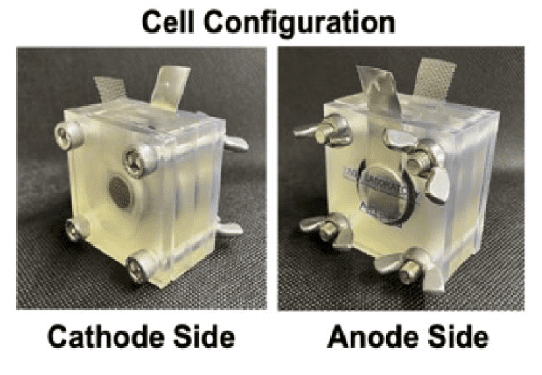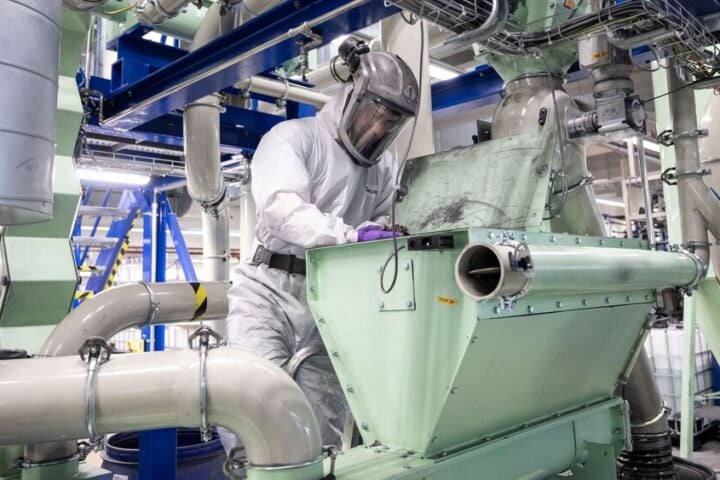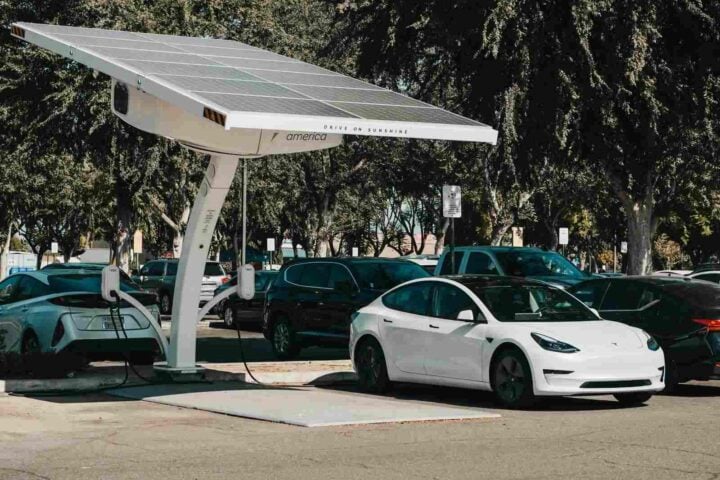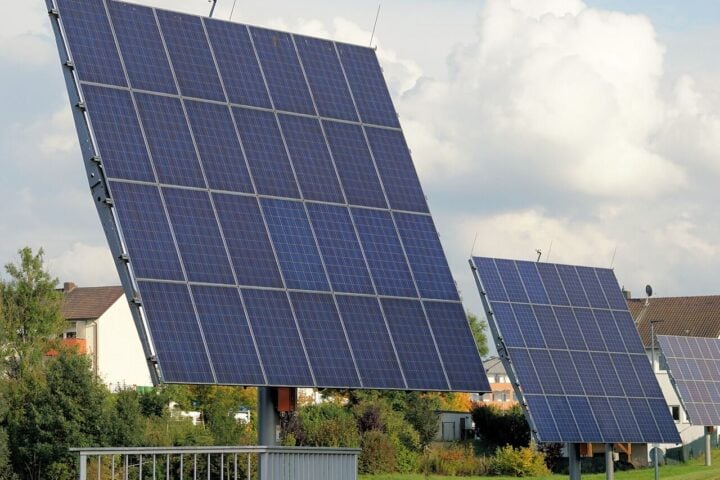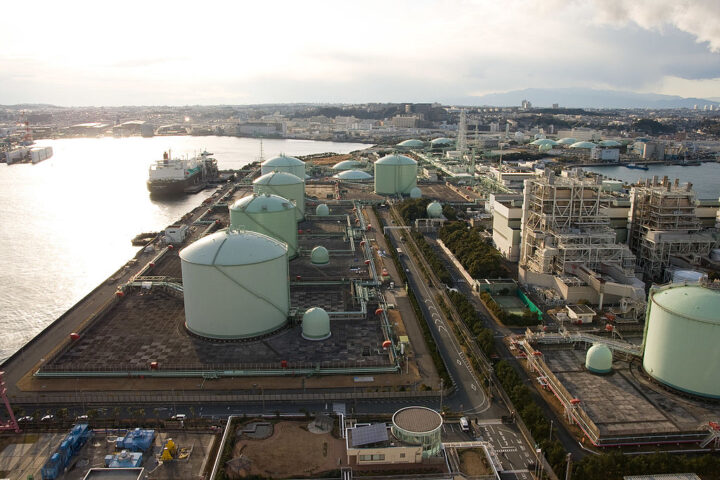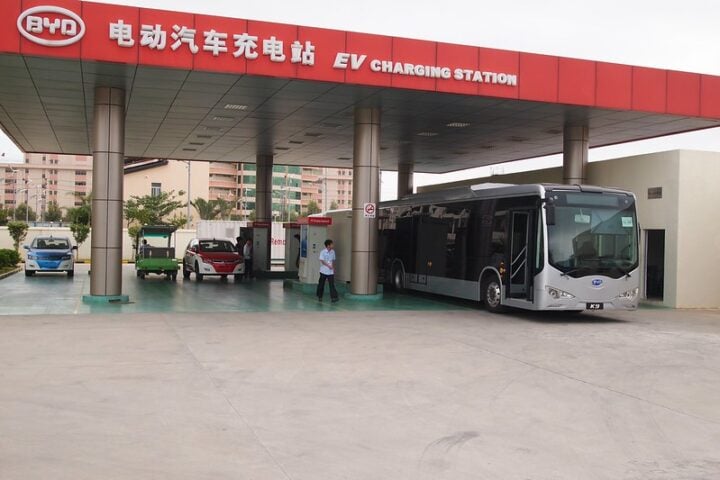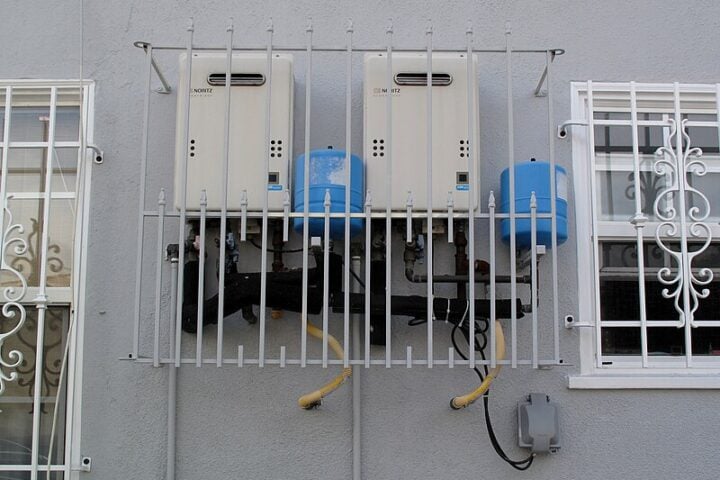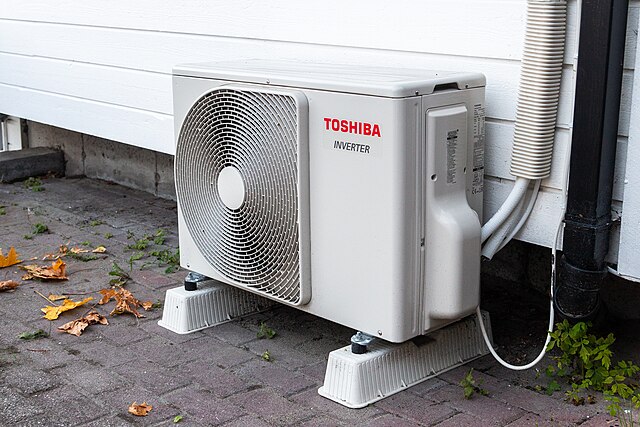Introduction: The Battery Race Heats Up
In the relentless pursuit of sustainable energy storage solutions, scientists at Tohoku University in Japan have made a groundbreaking discovery. This advancement could potentially shift the balance in the ongoing battle between zinc-air and lithium-ion batteries.
The Untapped Potential of Zinc-Air Batteries
Zinc-air batteries, powered by a chemical reaction between zinc and oxygen, have always shown promise. Their low manufacturing costs combined with substantial energy storage capacities make them an attractive alternative. Their lower power output has stopped them from being the top choice for uses like electric vehicles.
Comparing the Giants: Zinc-Air vs. Lithium-Ion
While lithium-ion batteries have been the reigning champions in the portable electronics and electric vehicle sectors, they come with their own set of challenges. Their production is not only expensive but also poses environmental and humanitarian concerns. Damaged or faulty lithium batteries can explode or catch fire, adding to the list of concerns. Zinc-air batteries can hold three times more energy than lithium batteries. But they currently lag in potential power output. With an average voltage of 1.4 volts, compared to lithium’s 3.7 volts, their application in advanced tech has been limited.
The Breakthrough at Tohoku University
The recent study from Tohoku University, as reported by Innovation Origins, has shown significant improvements in the performance of zinc-air batteries. These enhancements not only boost their storage capacity but also their power output, stability, and durability. This research might make zinc-air batteries suitable for big uses like electric cars and power grids. If these advancements continue, we might see a shift in the market dynamics sooner than expected.
Similar Post
Environmental and Humanitarian Implications
The environmental footprint of battery production cannot be ignored. Despite being popular, lithium-ion batteries have environmental and humanitarian concerns related to their materials. The advancements in zinc-air technology could reduce the need for mining rare earth metals, thereby minimizing environmental damage and potential harm to communities involved in the mining process.
Looking Ahead: The Future of Energy Storage
While the findings from Tohoku University are promising, further research is essential. The aim is to create a battery that’s efficient, safe, eco-friendly, and affordable. The race between zinc-air and lithium-ion batteries is far from over. But with continuous research and innovation, the future of energy storage looks bright and sustainable.
